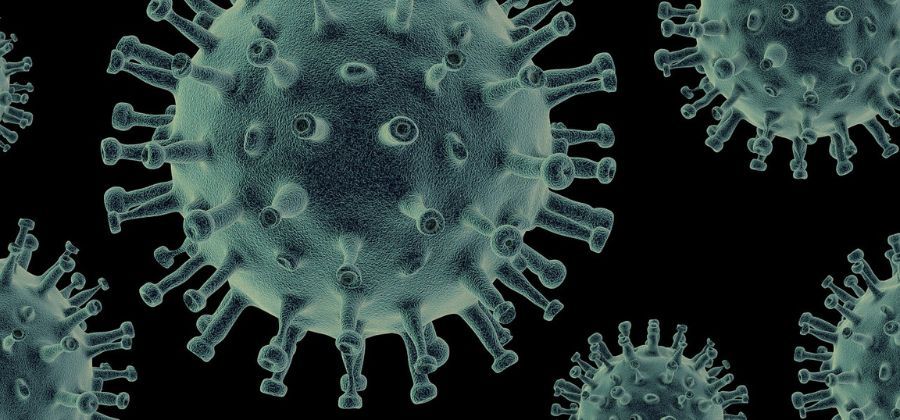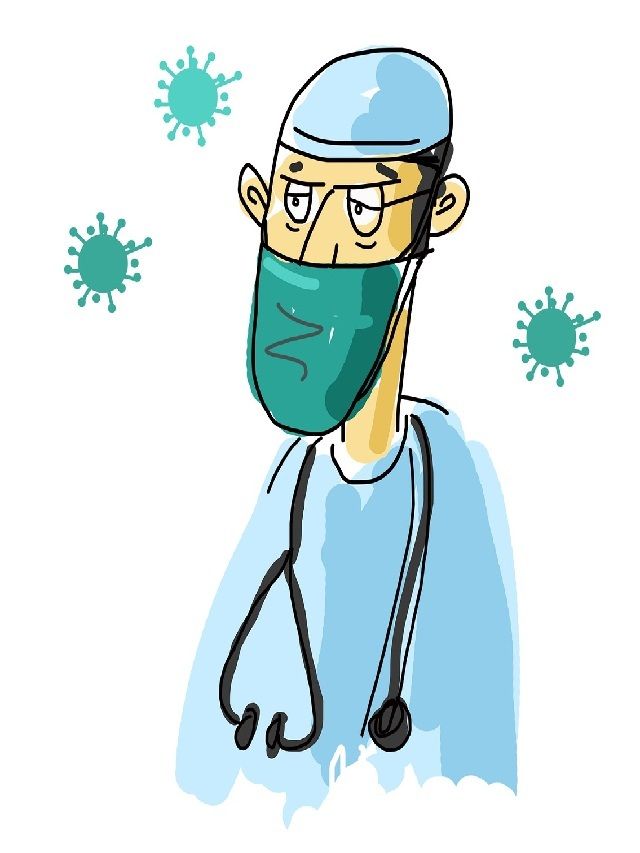What is herpes simplex virus (HSV)?
Herpes simplex virus, or HSV, is an infection caused by the herpes simplex virus (HSV). It’s typically contracted through the exchange of bodily fluids and causes genital sores and blisters as well as cold sores in the mouth.
The two most common types of herpes are HSV-1 and HSV-2. HSV-1 being the cause of cold sores and HSV-2 being the cause of genital herpes, though either can be present in either area.
Herpes simplex virus (HSV) infection:
Herpes simplex virus (HSV) is a highly contagious infection that causes sores on the skin. It is most commonly spread through contact with an infected person, such as through kissing or sex.
The virus can also be spread through contact with contaminated objects, such as towels or razors. HSV is most commonly spread during an outbreak, when the sores are visible.
However, the virus can also be spread even when there are no symptoms present.
How does someone get HSV?
There are two types of HSV, and both are highly contagious. HSV-1 is typically spread through contact with infected saliva, while HSV-2 is usually spread through sexual contact.
However, either type of HSV can be spread through close personal contact, such as kissing or sharing eating utensils.
The best way to prevent HSV infection is to avoid contact with people who have the virus. If someone has HSV, then they should not share eating utensils or anything that touches their mouth (e.g., lipstick) with anyone else.
In addition, they should always use condoms during sexual intercourse to help lower the risk of transmitting the virus to a partner.
Symptoms of HSV:
Herpes simplex virus (HSV) is a common infection that causes sores on the lips, mouth, or gums. It can also cause sores on the genitals or rectum.
Most people with HSV don’t have any symptoms. When symptoms do occur, they usually appear as one or more blisters on or around the genitals or rectum.
The blisters break and leave painful sores that may take a week or more to heal. In addition to pain, some people experience flu-like symptoms such as fever, body aches, or swollen glands.
These symptoms are most likely caused by another type of viral infection and not by herpes simplex virus. There are two types of herpes simplex viruses – type 1 (HSV-1) and type 2 (HSV-2).
HSV-1 typically causes infections in the area of the face above the upper lip and nose. HSV-2 typically causes infections in the genital area.
Either type of HSV can infect either region, however. Between 65% and 80% of new cases of genital herpes are due to HSV-2 while 20% to 25% are due to HSV-1.
Studies suggest that over 50 million Americans carry the virus.
Treatments for HSV:
There is no cure for HSV, but there are treatments that can help manage the symptoms. Antiviral medications can help reduce the severity and duration of outbreaks.
In some cases, a person with HSV may also need to take oral corticosteroids or antiviral medications daily to help prevent future outbreaks.
In addition, using condoms during sex can help reduce the risk of transmitting HSV to a partner. People who think they might have been exposed to herpes should get tested as soon as possible.
People who know they have herpes should abstain from sexual activity when sores are present and wait until these heal before resuming unprotected sexual activity.
If you have multiple partners, talk to your doctor about being regularly screened for STDs.
If you are pregnant and found out later in your pregnancy that you were exposed to herpes, talk to your doctor about getting treated as soon as possible so that an outbreak does not happen at delivery.
How to avoid spreading HSV to others?
Herpes simplex virus (HSV) is a highly contagious infection that can be passed on through skin-to-skin contact.
The best way to avoid spreading HSV to others is to avoid contact with people who have the virus.
If you must be in close contact with someone who has HSV, practice safe hygiene by washing your hands often and avoiding close contact, such as kissing.
You should also abstain from sex until the sore has healed up or at least two weeks after it was first noticed.
You may take antiviral medications like acyclovir if you are experiencing symptoms of herpes but these will not prevent future outbreaks from occurring.
Finally, there are ways to relieve pain associated with an outbreak of herpes so don’t suffer needlessly!
Conclusion
Herpes simplex virus is a highly contagious virus that can cause both cold sores and genital herpes. There is no cure available for HSV, but there are treatments that can help manage the symptoms. The best way to prevent HSV is to practice safe sex by using condoms or abstaining from sexual activity altogether.
Related articles:
- Powassan virus (POWV): Causes, symptoms, prevention and treatments
- West Nile virus (WNV): Causes, symptoms, and treatments
- Nipah Virus Infection: Causes, Symptoms, Prevention and Treatments
- Ebola Virus Disease: Causes, Symptoms and Treatments
- Zika Virus Disease: Causes, Symptoms and Treatments
- What is Marburg virus? Symptoms, prevention, treatment, and outbreak

